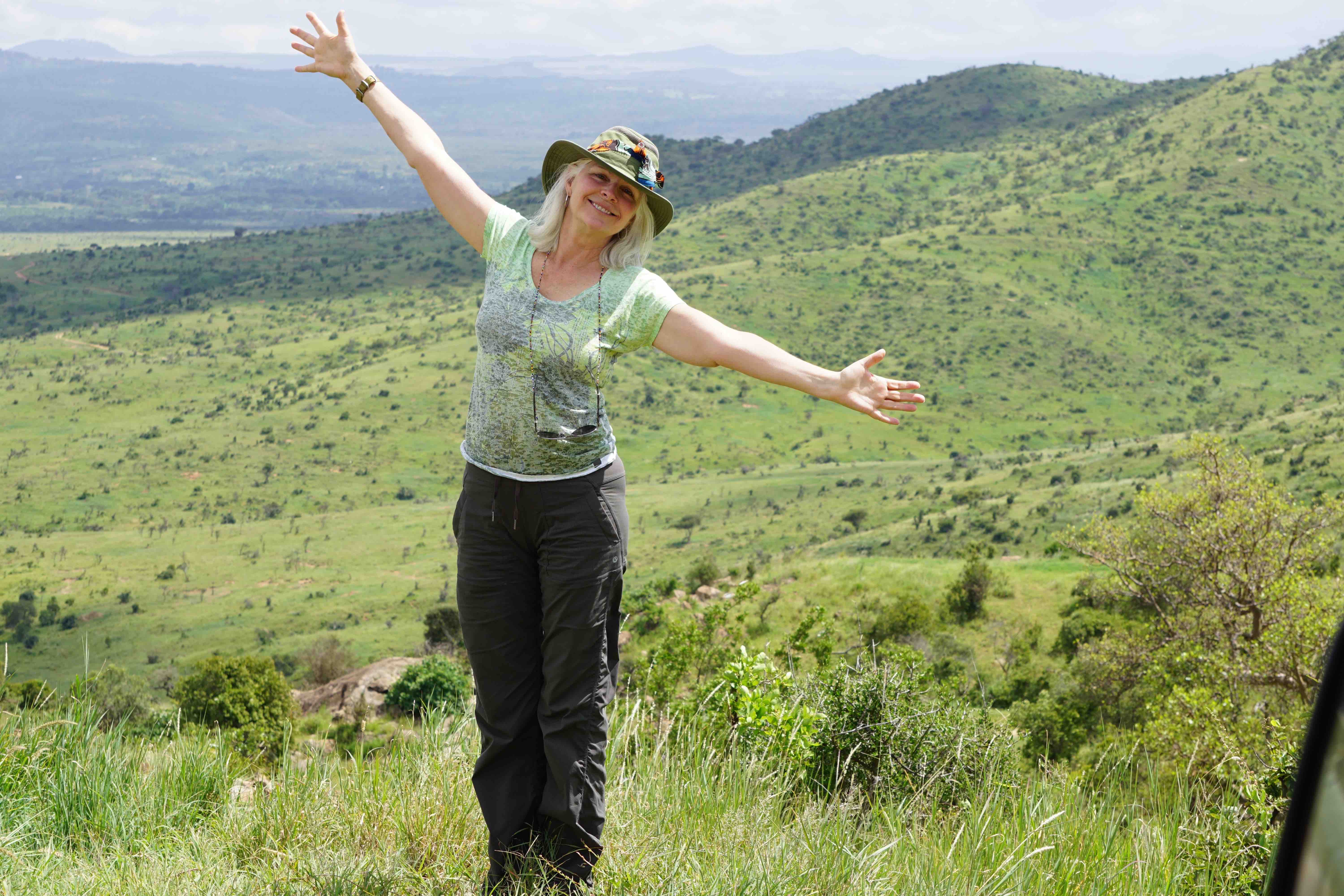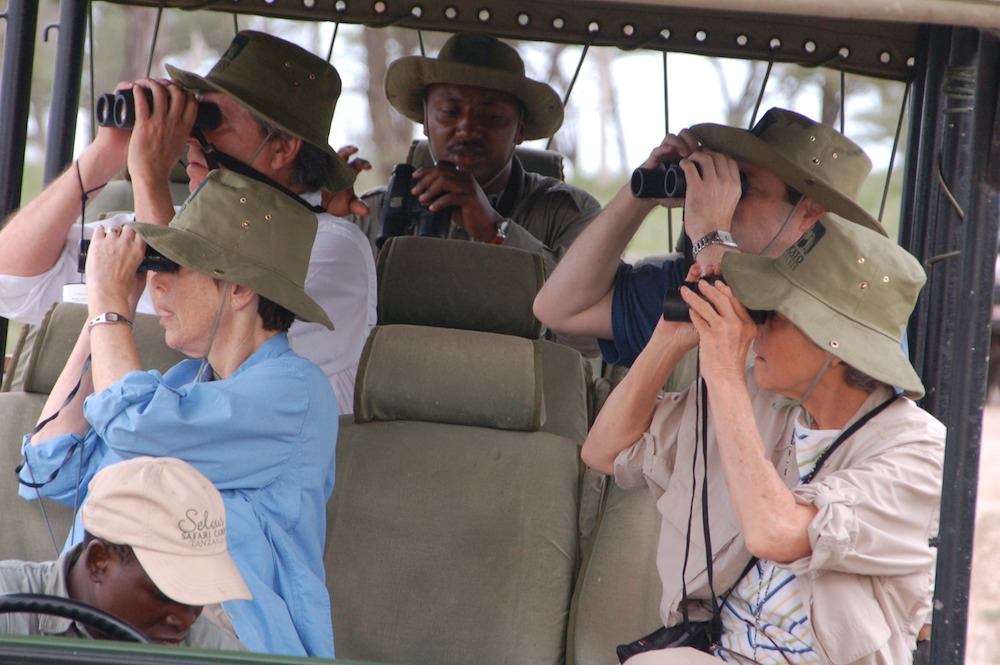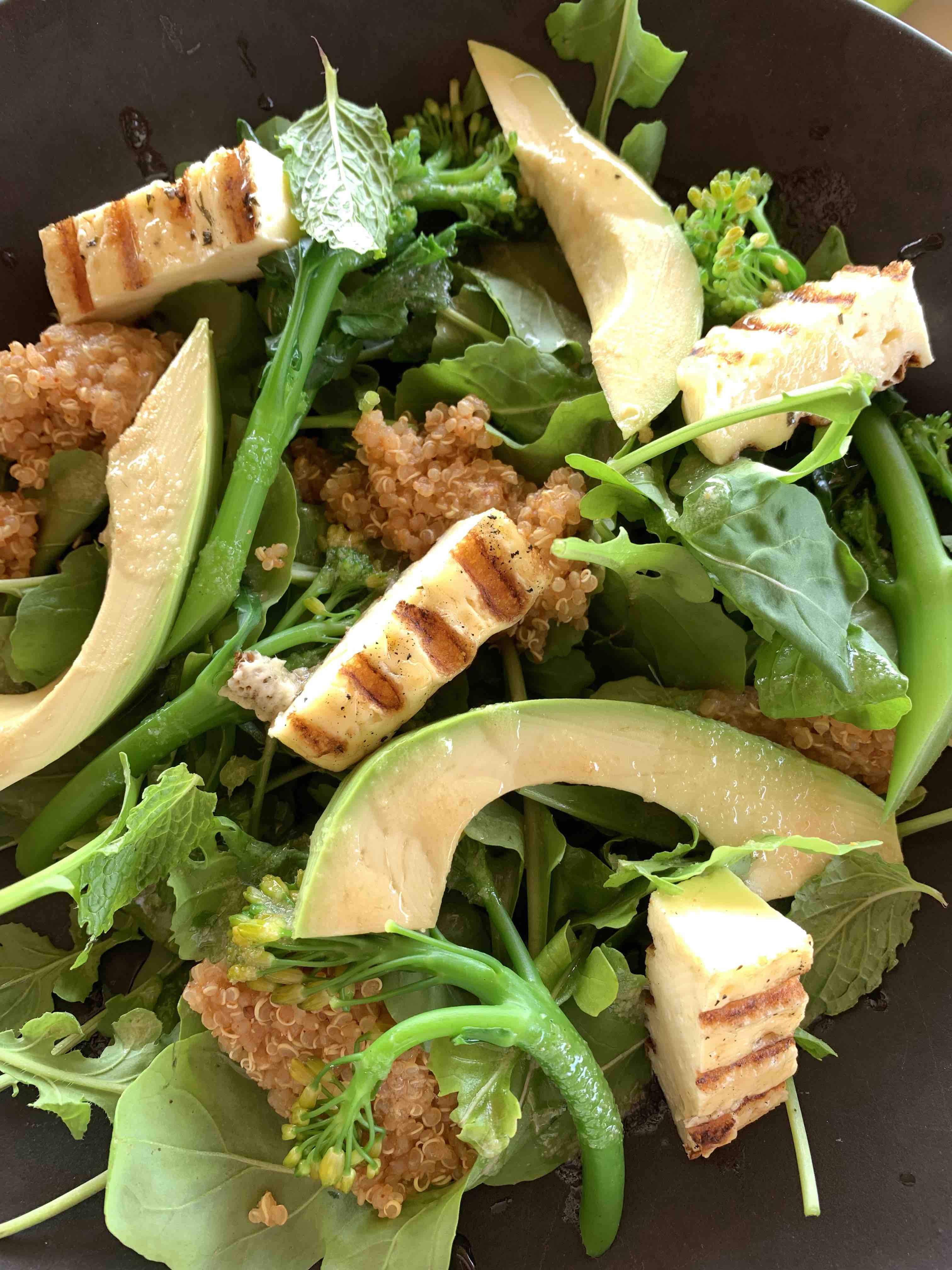
During the fifteen years I’ve been planning and/or leading life-changing safaris for people the same questions come up over and over again. So I’ve decided to answer some of them, giving you my top tips for a better African safari.
1. BINOCULARS & CAMERAS
Although some operators provide binoculars in their vehicles they are never as good as your favorite pair. And if you don’t own any binoculars you should consider getting them for your safari.
As for what camera to bring, I can’t tell you how many times clients have expressed regret that they did not put more thought into what camera would capture the memories they hope to bring home. Do the research, and bring the right camera for you to successfully capture your experience.
More details: Best Cameras and Binoculars for a Safari

2. LUGGAGE RESTRICTIONS
Your pre-trip safari packet will tell you that the small bush planes in Africa have weight restrictions. Take the weight restrictions seriously. It’s not like on a normal flight where you pay a fee if your luggage is overweight. On these small planes the pilot has the right – and I have seen them do it – to leave overweight luggage behind. Don’t let it be yours.
3. PACKING
Because of the weight restrictions, packing requires some thought. The best clothes to bring are light-weight-material hiking (safari) clothes. Not because you will look the part of the khaki clad safari tourist, but because they weigh the least and are fast drying. Laundry in the bush is hand washed and hung to dry.
More Details on my YouTube channel, Lori Saving Wild.
4. SHOTS
Many doctors will tell you to get a variety of shots before your safari to Africa. The decision on what shots to get is up to you (and your doctor) but with a little research (and information from your operator) you will learn that there are many destinations where no shots at all are required.
Shot requirements depend on where you are travelling to and from. For instance if you are arriving in Kenya from the United States you do not need any shots. In the recent past, Tanzania was requiring yellow fever shots (but not checking to make sure the travelers had gotten them) and now they don’t require them. This can and does change so get the latest information directly from your tour operator.
5. FOOD
People I talk to always have concern about the food. I don’t blame them. Memories from experiences with montezumas revenge are not easily forgotten. Meals, like other parts of a safari, change drastically by price point. There is a lot of fresh fruit, and vegetables and local meat. But the way these perishables are stored, washed (or not), cooked and presented can be vastly different. The best (more expensive) hotels, lodges and camps wash all their food with filtered water before serving it, have great chefs and prepare some of the best meals I have ever had. In the case of having safe food the higher end safaris are your best bet.

6. WATER
Do not drink the water, or brush your teeth with it. The best safari operators provide bottled water throughout your trip.
I hope you found my top tips for a better African safari useful. Let me know in the comments below what other questions you have.
